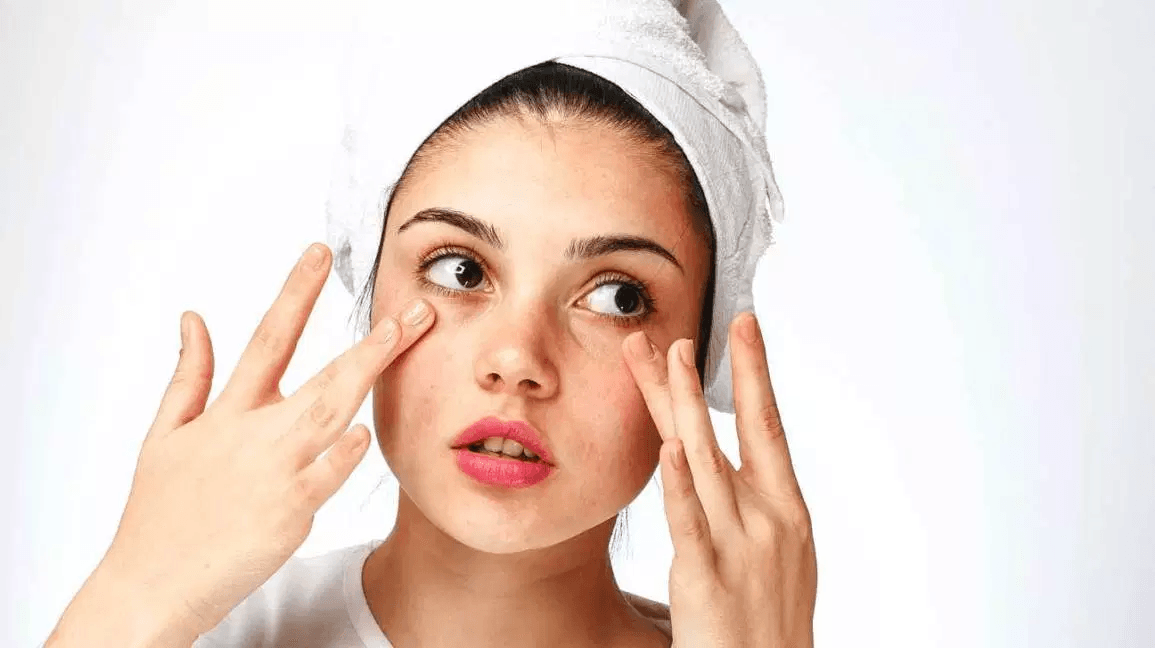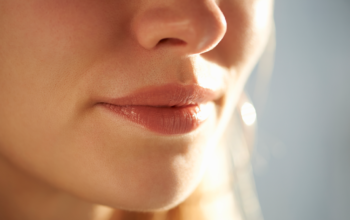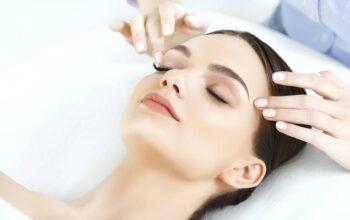Has your skin gotten even more oily during the rainy season? Are you looking for monsoon skin care for oily skin?
Monsoon brings humidity along with it and a consistent sticky feeling on the skin. Oily skin shines even more in monsoons and excess oil secretion causes acne.
In an interview with Elle, Dr. Kiran Sethi, a dermatologist from Delhi shared some skin care tips that will have you covered for the monsoons.
Monsoon skin care for oily skin from a Dermatologist
The essential cream
Sunscreen will always be your non-negotiable staple during every season. You need protection from the sun’s ultraviolet rays throughout the year. Skipping sunscreen can cause skin issues like pigmentation or dark spots.
You can consider using a gel-based formula sunscreen for yourself. Gel-based formulas seem to work best for oily skin. Oily skin people can skip cream moisturisers in case of very oily skin. Heavy skin can clog oily skin pores and make your face even more oily.
Befriend deep cleaning
Consider using a face wash with salicylic acid. Wash your face once in the daytime and once at night. It is important to wash your face clean of all outside impurities.
Salicylic acid does a lot of work when it comes to managing your oily skin.
It balances skin pH, exfoliates it, gets rid of your dead skin cells and deep cleans your skin.
Salicylic acid is your go-to mate for humid weather.
Hello, retinol!
Dr. Sethi shared that retinol prevents your skin from breaking out. Adding a retinol-based night cream helps your skin bloom.
The function of retinol is to boost your collagen production. This tightens your pores and reduces the chances of your pores being clogged, inflammation, infection, or acne.
Mask!
Dr. Sethi shares that an anti-acne mask is beneficial for your skin during monsoons.
You can DIY a Multani Mitti mask for yourself. You can mix some yogurt to add some moisture to your skin during masking.
Pay attention to your scalp
This is not a widely known fact, but you need to pay attention to your scalp. People often pay a lot of attention to their skin and end up neglecting their scalp.
Dr.Sethi says that scalp health is a pathway to skin health. During the rainy season the moisture retention and oil secretion on the scalp increase. This can lead to scalp itchiness, dandruff, and fungal infections on your scalp.
Avoid scratching your scalp if this happens. The scratching leads to more hair loss. It weakens your follicles and causes inflammation on your scalp skin.
Make sure you use a good anti-dandruff shampoo to thoroughly cleanse your scalp. Leave your anti-dandruff shampoo for five minutes on your scalp so that it can take effect. Use shampoo twice or thrice a week for an excessively oily scalp.
There are some ingredients you should look out for in your shampoo that takes care of your oily scalp. These ingredients are salicylic acid which takes care of your dead skin cells and zinc pyrithione that has antifungal properties. Additionally, you should look out for piroctone olamine which takes care of your dandruff.
Monsoon season skin challenges
Managing oily skin is usually challenging at any time of the year. However, managing oily skin during monsoons becomes excessively challenging. The excess humidity adds to the challenge.
Both the oily skin and the humidity of the monsoons make for overly hydrated skin.
People with a normal skin type also often change to an oily skin type owing to the humidity of the monsoons.
People often make the mistake of excessively washing their faces multiple times throughout the day. This causes even more oil secretion as your skin tries to make up for the moisture that it loses. People usually avoid moisturisers in this weather. Therefore, this leads to your skin overcompensating for the moisture it loses. This process is a vicious cycle.
Tips to have healthy skin this monsoon
- Have plenty of water to keep yourself hydrated. This tip works wonders not just for monsoons but all year round. An increased body temperature increases greasiness.
- Reduce your intake of coffee, cold drinks, tea, and even spicy food. This can be dehydrating for your body.
- Carry blotting sheets or tissue paper that take away the greasiness on your face. Keeping a check on the greasiness will help you avoid a variety of skin issues.
- Scrubbing is essential. However, you need to ensure that you do not excessively scrub your skin. This action may stimulate your grease glands.
- Calamine lotions are very good for the skin this time of the year. They absorb the greasiness on your skin. You can apply it before you go out.
- Use light-weight products on your skin. Do not cake your face with makeup as this can lead to irritation on the skin and excess oil secretion.
- Always carry face wipes when on the go. This keeps your face clean and hygienic.
More useful tips
- Use ingredients like tea tree oil or witch hazel for your skin. Tea tree oil and witch hazel have antibacterial properties.
- Choose water-based and gel-based moisturisers for your skin. Use non-comedogenic skin products.
- Carbohydrates and sugar are an incentive for your sebaceous glands. Therefore, try to cut down on them as much as possible.
- Try to wash your face with lukewarm water when possible. This dissolves the oil on your face and kills the bacteria that accumulate on your skin. Additionally, it gives your skin a healthy glow and makes it supple.
- Using kitchen items such as besan on your skin goes a long way to dealing with the stickiness on your skin. Besan can be used daily for exfoliating the skin. Besan comprises very gentle particles. Therefore, it will not harm your skin. You can also create a besan and turmeric mask for your skin during the monsoons. Turmeric has antiseptic properties and is great for monsoon skin care for oily skin.
Final thoughts
We hope that this blog equips you with the necessary knowledge on monsoon skin care for oily skin. Remember that diet is key to good skin. Therefore, pay attention to your diet and have enough water and your skin worries will ebb away. In case they don’t, do not shy away from seeking help from a dermatologist.




